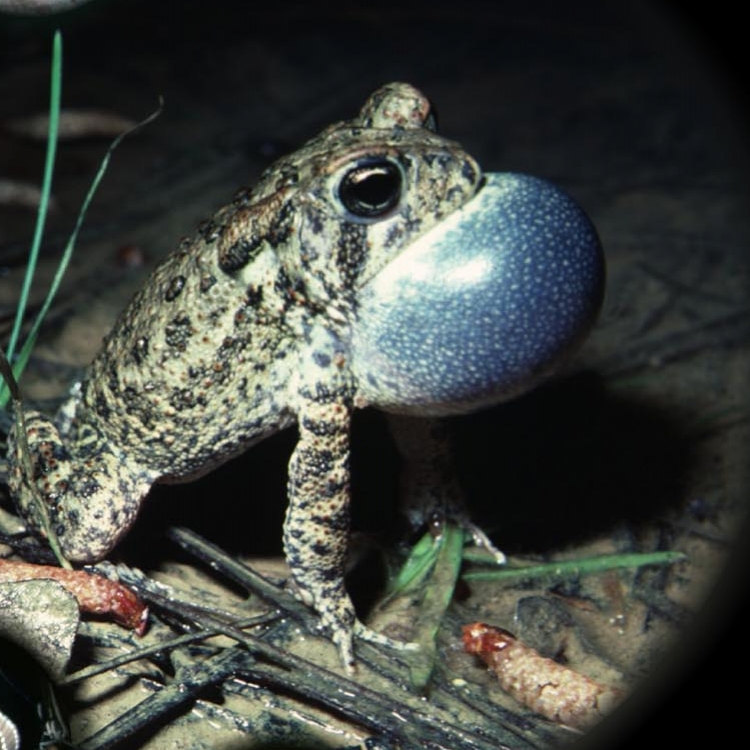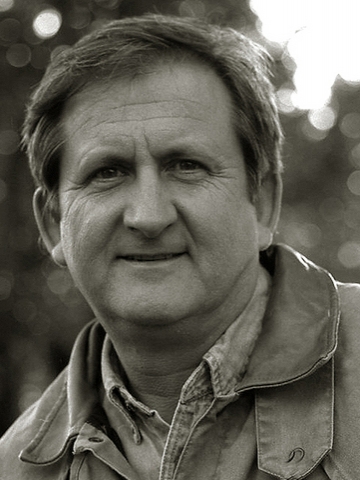
Hotspot of Biodiversity: Unique and Endangered Animals of Central Texas
NOVEMBER 17, 2000
Dr. David Hillis
The University of Texas at Austin
What is the talk about?
Central Texas is recognized as a hotspot of biodiversity on an international scale. Many species of animals are found nowhere else in the world, and discoveries of new species are still occurring in the region. In addition, many different biotic regions converge in central Texas, so that species typical of south Texas thorn scrub, the oak-juniper woodlands of the Edwards Plateau, the short-grass prairies of the high plains, the tall grass blackland prairies, and the pine-oak forests of east Texas all occur around Austin. This blending of species from the north, south, east, and west, combined with unique habitats created by the uplifting of the Edwards Plateau, results in a diverse and unique biological community. However, much of this diversity is endangered by habitat destruction, excessive pumping of ground water, pollution and diversion of surface water, and the introduction of exotic species.
About our presenter

Dr. David Hillis
David M. Hillis was born in Copenhagen, Denmark, but spent his formative years in tropical Africa and India. In this environment, Hillis learned a love of biology, entertaining himself by making collections of butterflies, amphibians, and reptiles. Hillis received his B.S. degree (with honors) from Baylor University in 1980, and M.A., M.Ph. and Ph.D. (all with honors) from The University of Kansas in 1983, 1984, and 1985, respectively. After two years on the faculty at the University of Miami, he joined the Department of Zoology at UT Austin in 1987 and was awarded a prestigious National Science Foundation Presidential Young Investigator Award the same year. In 1992, he was appointed to the Alfred W. Roark Centennial Professorship in Natural Sciences, and in 1998 became the first Director of the School of Biological Sciences at the University of Texas-Austin. In 1999, Hillis was one of 32 people chosen to receive a prestigious MacArthur Foundation fellowship, known informally as the “genius award”. David Hillis’ research interests span much of biology, from development of statistical and computational methods for analyzing DNA sequences, to molecular studies of viral epidemiology, to studies of the diversity and phylogeny of life (particularly vertebrates), to the origin and behavior of unisexual organisms. He has published over 130 scholarly articles and two technical books, and has served as Editor or Associate Editor of a dozen scientific journals. He is an active member of many scholarly societies and national research panels, and has served as the President of the Society of Systematic Biologists. In the past decade, the 23 graduate students and 12 post docs in his laboratory have produced an additional 120 independent scholarly articles. Hillis is an avid teacher and spends many hours in the field with students in the southwestern United States and Mexico. He is an active proponent of learning science through practical experience, and uses a combination of laboratories, field work, and computer-based analyses extensively in his teaching. He has been active on UT-Austin Committees in the areas of faculty recruitment, development of computer and technology resources, development and reorganization of the life sciences, and the interaction among the biological, computational, and mathematical sciences. Dr. Hillis is currently on the faculties of the Section of Integrative Biology, the Institute for Cellular and Molecular Biology, and the Texas Institute for Computational and Applied Mathematics.